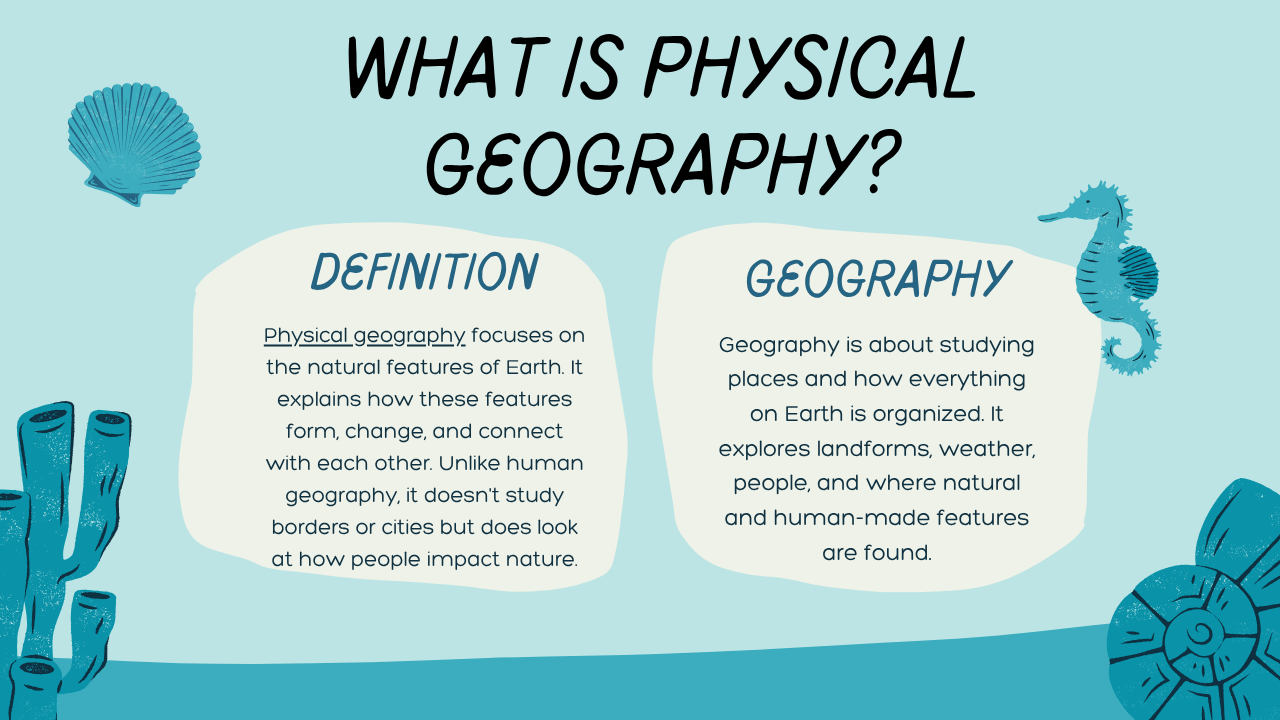Greek is the official language of both Greece and Cyprus, and learning it can lead to an improved social life, a more genuine travel experience, and potential career opportunities in these two nations.
The perfect moment to begin learning Greek is right now! There is an abundance of online resources available, ranging from apps to YouTube videos. This guide will help you explore how to set objectives, design a study plan, and learn Greek more effectively.

10 Beginner-Friendly Tips to Start How to learn Greek fast with Confidence

Here’s a step-by-step guide to help you learn Greek online the smart way.
1. Start with clear and achievable goals
Learning Greek is a rewarding challenge, but it is a challenge. According to the Foreign Service Institute (FSI), it takes about 44 weeks (or 1100 hours) for English speakers to reach professional-level fluency in Greek. That’s why it’s so important to be patient, try different learning methods, and set realistic goals from the very beginning.
“My objective is to learn 50 new Greek words related to food (Specific) by the end of this month (Time-Bound). I will make this happen by studying for 30 minutes every day (Achievable). My chosen method will involve using flashcards to review the vocabulary and testing my knowledge at the end of the month (Measurable). Learning these words will make it easier for me to order food during my upcoming trip to Greece (Relevant).”
To stay on track, try setting goals using the SMART method — a helpful way to make sure your goals are actually doable. SMART stands for:
- Specific
- Measurable
- Achievable
- Relevant
- Time-Bound
2. Set up a study schedule that works for you
Having a study plan makes staying on track with your SMART goals so much easier.
Here’s how it works: start by defining clear objectives for your Greek learning. Next, figure out how much time you can realistically commit each week. Finally, choose activities that target different areas of the language, like speaking, listening, and writing. Many seasoned language learners swear by the power of steady, consistent effort in achieving fluency. Why not give yourself the same chance by staying organized and committed? You’ve got this!
3. Start with the Letters — Your Greek ABCs
Your first step as a beginner is to get familiar with the Greek alphabet. It might look a little strange at first, but don’t worry — with a little practice, it’ll start to make sense.
You’ll not only learn how each letter sounds, but also how some vowels combine to make new sounds (these are called diphthongs). Plus, there’s something called the tonos — a small accent mark that shows you which part of the word to stress when you say it out loud.
Take your time with this step. Once you get the hang of the alphabet, everything else becomes a lot easier!
The Online Greek Tutor: This website provides a comprehensive guide to the Greek alphabet, including sounds, combinations, and tips for learning. Visit The Online Greek Tutor

4. Master essential Greek words and everyday expressions
Once you’ve gotten comfortable with reading, you’ll want to pick up some fundamental Greek words and common sayings. Starting with a friendly γεια σου (yeia sou – hello) gives you a warm way to greet people in Greek. Simple words like παρακαλώ (parakalo – please) and ευχαριστώ (efharisto – thank you) will make you sound courteous and respectful.
Greek language apps
From one-on-one tutoring platforms like Preply to flexible video lessons like GreekPod101, you’ll find plenty of apps to help you learn Greek. Try combining different ones and grab a few to weave Greek into your everyday routine. For instance, pick a tutoring app for custom guidance, a game-style learning app for daily vocabulary, and an audio-focused app for perfecting how words sound.
Flashcards
Try ready-made card sets or build your own to help remember fresh vocabulary. This approach lets you work on new words through the active recall method, which is proven to work well for keeping information in your memory long-term.
5. Study the core principles of Greek grammar
Grammar doesn’t have to be scary! It helps you communicate better, and with the right tools, it can even be fun.
Quick Tips to Practice:
- Grammar Books – Learn at your own pace with clear explanations and exercises, or review topics with a tutor.
- Online Classes – Find flexible, level-appropriate courses that personalize lessons to your needs.
- YouTube – Watch videos that explain grammar in a fun, easy-to-follow way.
Take it step by step, and celebrate your progress. Mastering grammar is just another step to speaking Greek confidently!
6. Tune into native Greek speakers to master pronunciation
During your Greek sessions, listen carefully to how your instructor says words and expressions. Focus on catching the rhythm of the language and feel free to copy your teacher’s speaking patterns.
7. Work on speaking Greek to boost your conversation abilities
Listening to native speakers is just one aspect of having conversations in Greek. You also need to work on your speaking skills. Even when you’re starting, try to begin speaking right away.
To ease into it, join conversation sessions with native Greek instructors. In these sessions, teachers will offer guidance on enhancing your pronunciation, understanding, and communication abilities. They’ll also select discussion topics based on what you need, giving you better opportunities to use your learning in everyday situations.
For instance, if you’re studying Greek for an upcoming vacation, you’ll explore travel-related words, like arranging a tour and registering at a hotel.
8. Read Greek texts
Reading materials introduce fresh vocabulary within meaningful contexts. Even when you can’t grasp every single word’s meaning, you can usually work it out from where it appears in the sentence.
Here are some text recommendations, ranging from simpler to more challenging:
- Graded books: Created for language students, graded Greek books use clear language to help you develop fundamental vocabulary
- Children’s stories: Much like graded books, these tales frequently feature repetition and simple sentences to strengthen basic word knowledge
- Online articles: Search for Greek web articles covering subjects you enjoy, so you pick up vocabulary that connects to your interests
- News stories: Keep up with current happenings while encountering more official, complex language
9. Take on Greek writing exercises
Reading? Check! But what about writing? If you’re preparing for a Greek test or planning to live in a Greek-speaking area, you’ll need this fourth language ability.
Start a diary, compose brief essays, join online discussions, or send a traditional letter to your Greek-speaking buddies! This approach will help you get comfortable with various writing styles.
10. Watch Greek films and television programs
Sure, My Big Fat Greek Wedding is fantastic, but push yourself further for better results. Search for Greek-language television series and films, using English or Greek subtitles.
Sites like Quora and Reddit frequently feature discussion topics about the top shows for students. Based on your preferences, consider Στο Παρά Πέντε (“Sto Para Pente,” comedy-drama series), Κυνόδοντας (“Dogtooth,” psychological drama film), and Μικρά Αγγλία (“Little England,” period drama film).
FAQs
- How can I teach myself Greek?
- Start with the Greek alphabet and basic phrases. Use language apps, YouTube tutorials, and grammar books. Practice daily and immerse yourself in Greek media like music, movies, and podcasts.
- Is it easy to learn Greek?
- Greek can be challenging due to its unique alphabet and grammar, but with consistent effort and the right resources, it’s absolutely achievable.
- How do you say 1, 2, 3, 4, 5, 6, 7, 8, 9, 10 in Greek?
- 1: Ένα (ena), 2: Δύο (dyo), 3: Τρία (tria), 4: Τέσσερα (tessera), 5: Πέντε (pente), 6: Έξι (exi), 7: Επτά (epta), 8: Οκτώ (okto), 9: Εννέα (ennea), 10: Δέκα (deka).
- Is Duolingo effective for Greek?
- Duolingo is a good starting point for vocabulary and basic phrases, but it’s best paired with other resources for grammar and speaking practice.
- How are Greek letters pronounced?
- Each Greek letter has a unique sound. For example, Α is pronounced as “ah,” Β as “vee,” and Γ as a soft “gh.” Practice with audio resources to master pronunciation.
- Which Greek does Duolingo teach?
- Duolingo focuses on Modern Greek, which is spoken in Greece today.
- How to learn Greek for free?
- Use free apps like Duolingo, YouTube channels, and websites like Omniglot or GreekPod101. Libraries often have free language resources too.
- How to learn the Greek alphabet?
- Start by memorizing the letters and their sounds. Practice writing them and use flashcards or apps to reinforce your learning.
- Learning Greek for beginners
- Focus on the basics: the alphabet, common phrases, and simple grammar. Set realistic goals and practice consistently.







